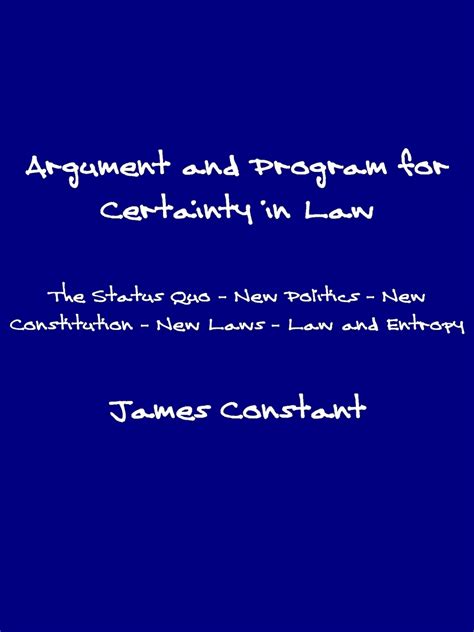The "non-type template argument not a constant expression" error is a common issue in C++ programming, particularly when working with templates. This error occurs when the compiler is unable to evaluate a template argument as a constant expression. In this article, we will explore the causes of this error, provide examples, and offer solutions to fix it.
Understanding Template Arguments
Template arguments are values or types that are passed to a template when it is instantiated. There are two types of template arguments: type arguments and non-type arguments. Type arguments are used to specify the type of a template parameter, while non-type arguments are used to specify a value for a template parameter.
Non-type template arguments can be constants, enumerators, or pointers to objects with external linkage. The key point is that non-type template arguments must be constant expressions, meaning they can be evaluated at compile-time.
Causes of the Error
The "non-type template argument not a constant expression" error occurs when the compiler encounters a non-type template argument that is not a constant expression. This can happen in several situations:
-
Using a non-constant variable as a template argument: If you use a non-constant variable as a template argument, the compiler will not be able to evaluate it as a constant expression.
-
Using a function call as a template argument: Function calls are not constant expressions, so using a function call as a template argument will result in this error.
-
Using a pointer to a local variable as a template argument: Pointers to local variables are not constant expressions, so using a pointer to a local variable as a template argument will result in this error.
Examples
Here are some examples that demonstrate the "non-type template argument not a constant expression" error:
#include
template
void print() {
std::cout << N << std::endl;
}
int main() {
int x = 5;
print(); // Error: non-type template argument not a constant expression
return 0;
}
In this example, the variable x is not a constant expression, so the compiler cannot evaluate it as a template argument.
#include
template
void print() {
std::cout << N << std::endl;
}
int getNumber() {
return 5;
}
int main() {
print(); // Error: non-type template argument not a constant expression
return 0;
}
In this example, the function call getNumber() is not a constant expression, so the compiler cannot evaluate it as a template argument.
#include
template
void print() {
std::cout << *P << std::endl;
}
int main() {
int x = 5;
print<&x>(); // Error: non-type template argument not a constant expression
return 0;
}
In this example, the pointer to the local variable x is not a constant expression, so the compiler cannot evaluate it as a template argument.
Solutions
To fix the "non-type template argument not a constant expression" error, you need to ensure that your non-type template arguments are constant expressions. Here are some solutions:
- Use constant variables as template arguments: Instead of using non-constant variables, use constant variables as template arguments.
#include
template
void print() {
std::cout << N << std::endl;
}
int main() {
const int x = 5;
print(); // OK
return 0;
}
- Use enumerators as template arguments: Enumerators are constant expressions, so you can use them as template arguments.
#include
enum { X = 5 };
template
void print() {
std::cout << N << std::endl;
}
int main() {
print(); // OK
return 0;
}
- Use pointers to objects with external linkage as template arguments: Pointers to objects with external linkage are constant expressions, so you can use them as template arguments.
#include
extern int x;
template
void print() {
std::cout << *P << std::endl;
}
int x = 5;
int main() {
print<&x>(); // OK
return 0;
}
- Avoid using function calls as template arguments: Instead of using function calls as template arguments, use the result of the function call as a constant variable.
#include
int getNumber() {
return 5;
}
template
void print() {
std::cout << N << std::endl;
}
int main() {
const int x = getNumber();
print(); // OK
return 0;
}
By following these solutions, you can fix the "non-type template argument not a constant expression" error and ensure that your non-type template arguments are constant expressions.
Gallery





FAQ
What is a non-type template argument?
+A non-type template argument is a value or expression that is passed to a template when it is instantiated.
What is a constant expression?
+A constant expression is an expression that can be evaluated at compile-time.
Why do I get the "non-type template argument not a constant expression" error?
+You get this error when the compiler encounters a non-type template argument that is not a constant expression.
We hope this article has helped you understand the "non-type template argument not a constant expression" error and how to fix it. Remember to use constant expressions as non-type template arguments to avoid this error.
